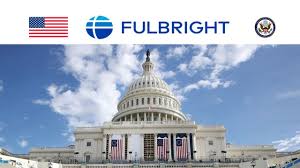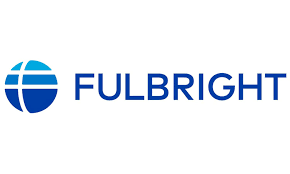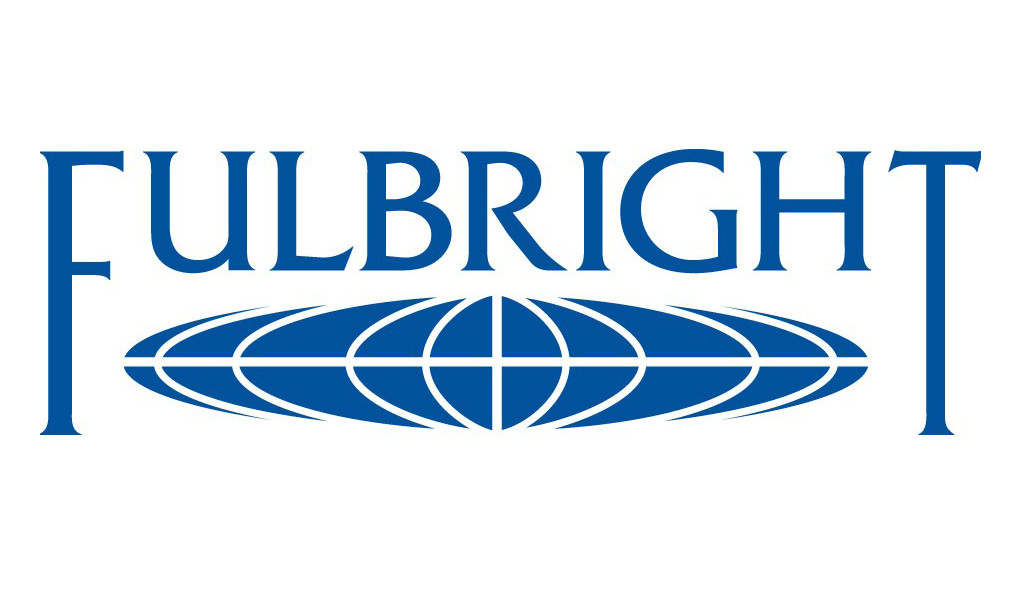The fulbright scholarship to study abroad can be a life-changing chance that opens doors to international knowledge, networks and job opportunities. For many African or international students, financial aid is the most difficult obstacle standing between them and their dreams of studying abroad. Scholarships such as the Fulbright award have provided the opportunity for thousands of students to overcome this obstacle.
In this thorough guide, we’ll walk you through the process of securing an Fulbright scholarship and how to manage your travel expenses. It will include real-world steps along with key deadlines and tips that will make you stand out.
Understanding the Fulbright Scholarship
The Fulbright Scholarship is one of the most highly regarded and competitive scholarship programs in the world. It is sponsored by the U.S. government, it is designed to foster understanding between countries through educational as well as cultural exchange.
This type of scholarship usually covers:
- Full tuition
- Cost of living
- Health insurance
- Costs of travel for travel to and from the United States
The program primarily supports research and graduate studies but it also offers Fulbright opportunities for young professionals, artists and scholars as well.
The key insight: The Fulbright is more than a simple award; it’s a leadership experience designed for those who are able to contribute to their communities when they return.

Step-by-Step Process to Secure the Fulbright Scholarship
1. Know the Right Program for You
Fulbright has a variety of tracks available:
- Fulbright Foreign Student Program (for graduate studies)
- Fulbright visiting Scholar Program (for postdoctoral research)
- Fulbright Scholar-in-Residence Program
Tips: As an African or international student or international student, the Fulbright Foreign Student Program is a good option for you. Check the program specific to your country through the Fulbright Commission or U.S. Embassy.
2. Start Early and Plan Strategically
The application process to the Fulbright will not be a project that is rushed. Successful applicants typically begin their preparation about 12 to 18 months prior to the date of the deadline.
Typical Fulbright Application Timeline:
- March through May the application process begins all countries.
- June through August Deadlines for national applications.
- September through November Interviews for candidates who are shortlisted.
- January through March (following year): Final selections are made public.
Life Leçon: Many successful applicants view Fulbright preparation as an additional college course, investing time each week to master each document.
3. Build a Strong Academic Profile
The academic excellence of students is essential. In order to be eligible to be eligible for a Fulbright scholarship:
- Keep the minimal GPA of 3.0 on a 4.0 scale (or equivalent for your nation).
- Perform well on the standard tests such as tests like the GRE, GMAT or TOEFL..
Practical Tips: You don’t have to be “perfect.” A lot of Fulbright recipients had average test scores, but exceptional research proposals or experience in leadership.
4. Prepare a Unique Personal Statement and Study/Research Objective
You will be required to submit two main essays:
- Personal statement: Who you are and why you’d like to be awarded a Fulbright award.
- Study/Research Objectives: What you plan to study or do with regard to the U.S. and how it is related to the development of your country.
Action Steps:
- Be honest; don’t tell them what you believe they want to hear.
- Connect your goals with solving the real issues of your community.
- Concentrate on the impact, not only your own personal gain.
5. Secure Strong Letters of Recommendation
Fulbright applications need three letters of recommendation.
Best Practices:
- Pick referees who have a good understanding of you professionally or academically.
- Contact them early and supply them with your resume, essays and goals for the program.
- Encourage them to emphasize your leadership qualities, flexibility and the potential to make an impact.
Pro Tips: A strong letter is distinct, demonstrates and sounds authentic. Using generic letters could severely harm your chances.
6. Research U.S. Universities (But Stay Flexible)
Although Fulbright scholars typically do not apply to universities on their own selecting institutions that match your area of expertise can help placement officers.
Guidelines:
- Select universities that offer well-established programs in your desired area.
- Search for institutions that support international scholars.
7. Prepare for the Fulbright Interview
Candidates who have been shortlisted are invited to an interview phase.
Common Interview Questions:
- Why did you select the field of study you’d like to pursue?
- What will your Fulbright experience benefit your country?
- What have you done to show leadership?
Real Tips: Be yourself. The panel is seeking authenticity, dedication and cultural adaptability.

Controlling Travel Expenses using the Fulbright Scholarship
In contrast to many scholarships that just provide tuition however, this scholarship pays tuition, Fulbright Scholarship is comprehensive and covers:
- Round-trip tickets from the U.S.
- Setting-in allowance (for the initial costs)
- A monthly stipend to cover living expenses
It is important to Be sure to budget your stipend in a responsible way. Although it’s generous, it’s designed to pay for basic needs and not extravagant.
Visa Fees Fulbright is also able to assist applicants for J-1 visas, and usually waives or covers fees.
Key Fulbright Scholarship Deadlines
| Stage | Timeline |
|---|---|
| Application Opens | February – May |
| National Application Deadlines | June – August |
| Interviews Conducted | September – November |
| Final Selections Announced | January through March (following the year) |
| Departure to the U.S. | July to July – (following year) |
Notice: Specific dates vary according to the country of origin, so make sure you be sure to check your local U.S. Embassy website before you go.
Common Mistakes to Avoid
- Applications that are last minute: Quality suffers when you rush.
- Essays that are generic: Fulbright is a firm believer in the individual.
- Insisting on cultural exchange: Remember, Fulbright isn’t only about academics; it’s also about understanding each other.
- Poor English abilities: If required, take the time to improve your scores on IELTS or TOEFL.
- Do not follow the instructions: Every country office has its own guidelines. Make sure you follow them.
Life Tips: Even if you were not chosen the first time around you apply, try again. Many successful Fulbright students were chosen at the second or third attempts.
Why Our Blog is the Best Place for Your Scholarship Journey
We don’t simply list scholarships, we help you win these awards. Here, you’ll find:
- Practical guidance without “copy-paste” tips.
- Real-world strategies have helped students achieve.
- A customized approach to motivation to African or international students.
Discover more articles from our site to build your path to academic excellence in the world!
Don’t forget: It’s not all about getting the Fulbright Scholarship; it’s about making plans to transform the world by using the information that you acquire.
The Fulbright Award remains an ideal opportunity for African and international students looking to attend college within America. United States without financial burdens. Although it’s competitive, it’s possible with the right preparation at an early stage, solid academic and leadership credentials and a real determination to make the world a better place.
Your journey to a brighter future starts with one bold step today. Begin preparing your Fulbright application today and let your dreams fly!




